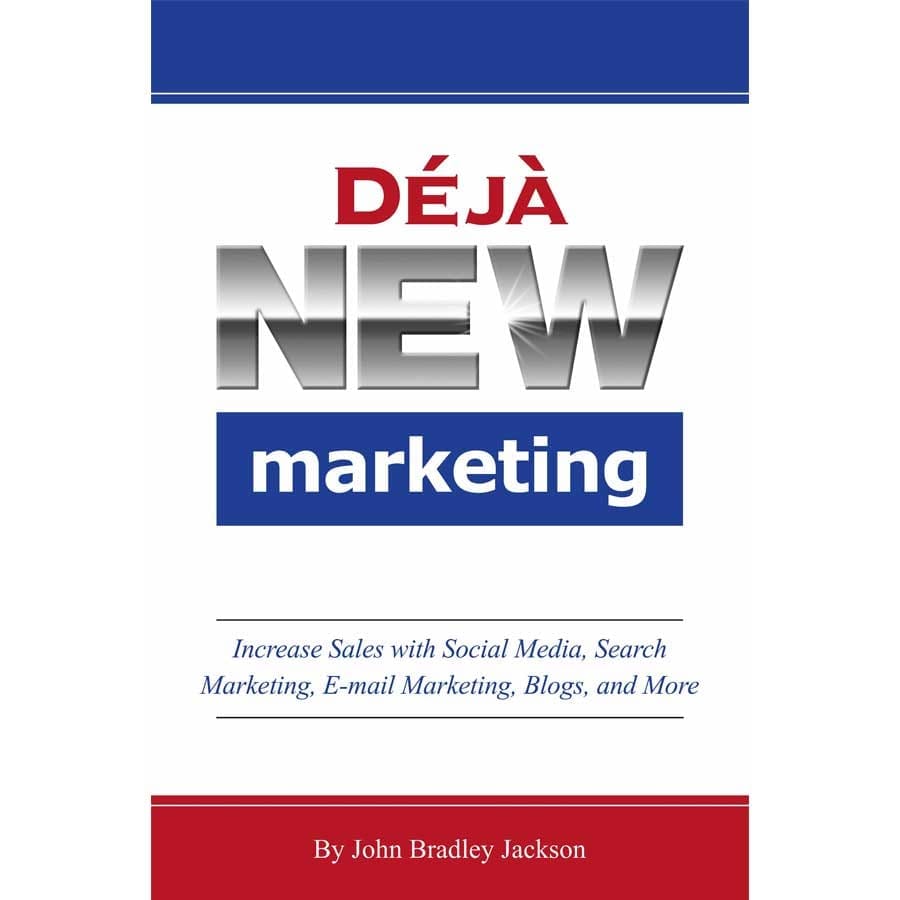The Future of Reading: From Print to Digital

E-books once felt like a novelty, but today they are a central part of how we consume stories and knowledge. What began as a small disruption has now matured into a permanent shift in publishing, retailing, and even writing itself. Authors, like publishers and retailers, must adapt or risk being left behind.
Back in 2010, Barnes & Noble made headlines when it reported selling more e-books than printed books on Christmas Day. That moment marked a turning point. Fast forward to 2025, and digital reading is no longer just an alternative—it’s the norm. According to the Association of American Publishers, e-book revenue in the U.S. reached over $1.2 billion in 2023, while audio-book sales have surged even faster, climbing nearly 10% year-over-year (AAP, 2024). Print still matters, especially for collectors and education, but the convenience, portability, and instant access of digital formats have won over most casual readers.
E-books typically cost less than print, which means lower revenue per sale. While publishers have gained reach, total sales revenue has often struggled to keep pace. Independent authors, however, have thrived on platforms like Kindle Direct Publishing, reaching global audiences without the overhead of traditional publishing. The rise of subscription models like Kindle Unlimited and Scribd has further changed consumer expectations. Books are now consumed like music on Spotify or shows on Netflix.
The bigger trend may be cultural: fewer people are reading books at all. A 2023 Gallup survey found that only 36% of U.S. adults reported reading more than 10 books in a year down sharply from two decades ago. Instead, many turn to blogs, podcasts, videos, and short-form content. Even when people buy books, studies suggest a large percentage remain unfinished. The digital shift has fueled the rise of skimming and “bite-sized” learning, raising questions about whether we are losing the patience for deep reading.
Reading long-form works whether fiction or nonfiction. It builds empathy, critical thinking, and sustained focus. A University of Michigan meta-analysis found that empathy levels among young adults have declined by more than 40% over the last 30 years, and researchers link part of that decline to reduced time spent with books. In an age of TikTok and AI-driven content feeds, it’s worth asking: does less reading mean less reflection, and even less compassion?
My Take. Books have been a constant companion in my life: a way to learn, reflect, and connect with others across time and culture. Yet, I’ve also had to adapt. My own books are available in e-book format because that’s where my readers are. The medium has changed, but the mission hasn’t: sharing ideas that matter.
The jury is still out on whether digital reading will erode or expand our capacity to think deeply. But one thing is certain, books, in whatever form, remain essential to who we are. The challenge is making sure we keep reading them.
E-books are now the preferred choice of book buyers. This conversion from print to digital is changing the business models of the book publisher and of the book retailer. And, dare I say, the authors must change with them.
John Bradley Jackson
© Copyright 2025
All rights reserved
